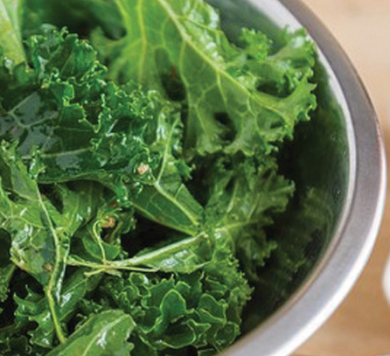
Avoiding a pro-inflammatory diet may help lessen the risk of end-stage renal disease (ESRD) among patients who already have chronic kidney disease (CKD), a new study shows.
Because a pro-inflammatory diet is independently associated with ESRD risk, which is mediated by inflammatory markers, these findings suggest that dietary approaches may be effective measures in the prevention of ESRD, the authors of the study wrote.
Tanushree Banerjee, PhD, associate research at the University of California San Francisco, and colleagues evaluated 1084 adults with CKD who were aged 20 years or older between 1988 and 1994. Data were obtained from the 1988-1994 National Health and Nutrition Examination Survey linked with the US Renal Data System. Follow-up lasted 14 years.
The researchers used various measures to assess participants, including the Adapted Dietary Inflammatory Index (ADII) and an inflammatory score (IS) based on C-reactive protein, serum albumin, white blood cell count, and mean platelet volume, with adjustment for various factors.
Regression analysis was used to assess the relationship between ADII and IS, and the Fine Gray competing risk model was used to analyze the association between IS and ESRD, as well as the risk of incident ESRD and per standard deviation (SD) increase in ADII. Valeri and Vanderweele’s method was used to account for IS as a mediator of CKD.
Overall, 120 participants (11.1%) with CKD went on to develop ESRD. The results of the study indicated that:
These findings were presented at the American Society of Nephrology’s Kidney Week 2018, October 26.
REFERENCE:
Banerjee T, Crews DC, Rios Burrows N, et al. Pro-inflammatory diets increase risk of ESRD in US adults with CKD. Paper presented at: American Society of Nephrology Kidney Week 2018; October 23-28, 2018; San Diego, CA.